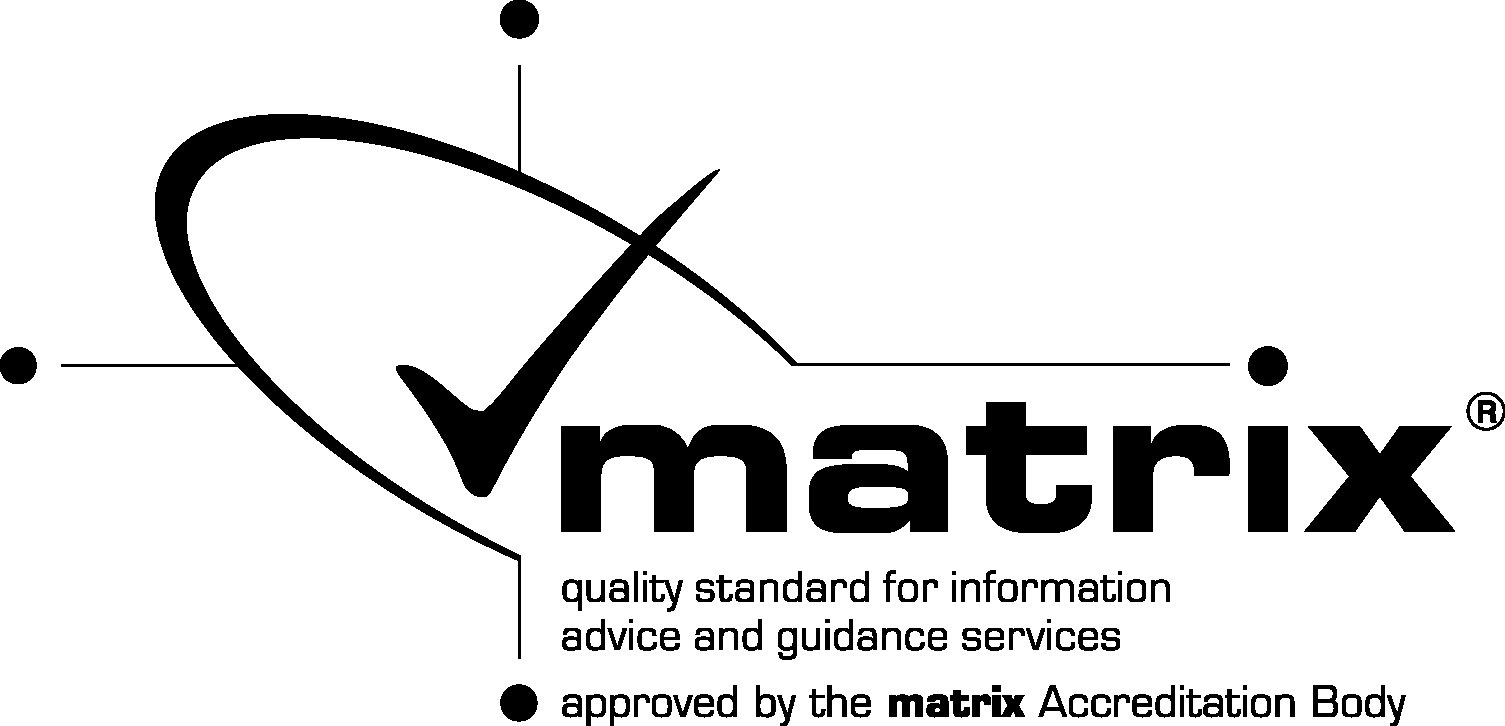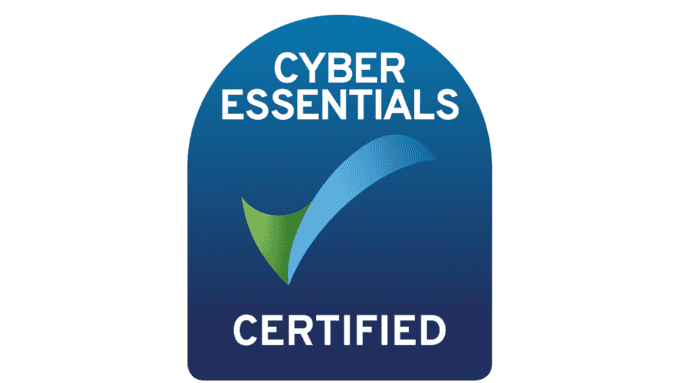Blog Article
Embrace sustainability and reap the benefits:
Welcome to an era defined by both rapid change and a heightened awareness of environmental impact. Businesses are now under mounting pressure to prioritise sustainability, showcase their commitment to the local environment and take proactive steps towards mitigating their ecological footprint. Amidst the demand for responsible business practices, ISO 14001 stands tall as the internationally recognised standard for Environmental Management Systems (EMS), but a sustainable brand isn’t the only good it will bring, so let’s talk about some of the other benefits of implementing ISO14001.
Cost Savings and Efficiency
Sustainable practices often go hand in hand with increased cost savings and operational efficiency. ISO 14001 encourages organisations to identify areas of waste and inefficiency and implement measures to improve resource management. By optimising energy and water usage, reducing waste, and implementing recycling initiatives, companies can minimise operational costs and maximise their bottom line. Furthermore, a focus on sustainability fosters innovation, leading to the development of more efficient processes, products, and services.
Improved Stakeholder Relations
ISO 14001 promotes a proactive approach to engaging with stakeholders, including employees, customers, suppliers, and local communities. By demonstrating a commitment to sustainability, organisations can build stronger relationships with these stakeholders, who are increasingly concerned about environmental issues. Companies with ISO 14001 certification gain a competitive advantage by showcasing their dedication to responsible environmental practices, which can enhance customer loyalty, attract top talent, and foster positive community relations.
Risk Management and Resilience
Climate change and environmental risks pose significant challenges to businesses worldwide. ISO 14001 assists organisations in identifying and managing potential environmental risks and ensuring business continuity. By implementing robust risk management processes, companies can minimise the impact of environmental incidents, such as pollution or natural disasters, and develop strategies for adaption and resilience.
Regulatory Compliance
Adhering to environmental regulations is a legal obligation for businesses operating in most countries. ISO 14001 provides a framework that ensures companies stay updated with the latest environmental legislation and regulations. By integrating compliance requirements into their management system, organisations can avoid fines, penalties, and legal disputes. Furthermore, ISO14001 helps companies anticipate and adapt to future regulatory changes, giving them a competitive edge in the market.
ISO 14001 offers an invaluable framework for businesses seeking to embrace sustainability and minimise their environmental impact. The benefits from an EMS are vast and far-reaching and by aligning their operations with this internationally recognised standard, companies can lead the way in creating a greener, more sustainable future while reaping the rewards of a more resilient and responsible business model.


 GOVERNANCE OFFICER LEVEL 4
GOVERNANCE OFFICER LEVEL 4
 Skills Bootcamp In Quality Management
Skills Bootcamp In Quality Management









